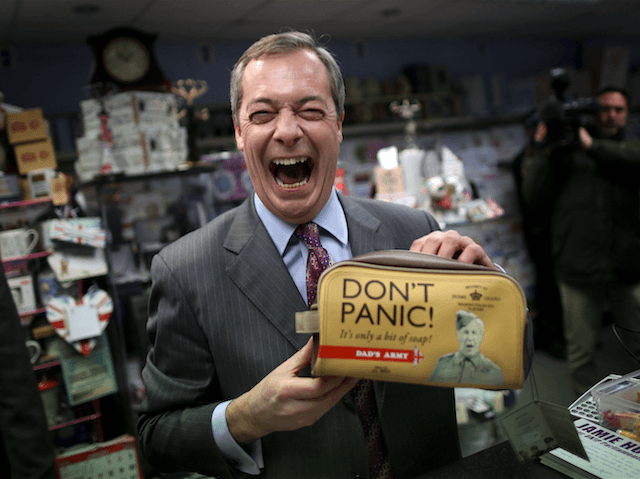LONDON, Sept 30 (Reuters) – Britain’s giant services sector grew much more strongly than expected in July in the clearest sign to date that the economy did not slow sharply after the shock of the country’s Brexit vote in June.
The Office for National Statistics also said the economy grew more quickly than previously thought in the April-June period, which mostly covered the run-up to the referendum.
“Together this fresh data tends to support the view that there has been no sign of an immediate shock to the economy, although the full picture will continue to emerge,” ONS statistician Darren Morgan said.
The data will help give the Bank of England a clearer picture of how Britain’s economy responded to the referendum, and whether it needs to cut interest rates again at its next meeting in November.
Less comprehensive surveys of purchasing managers had previously suggested that the services sector slumped in July before bouncing back strongly in August.
But the ONS said output in the services sector grew by 0.4 percent compared with June, better than many economists had expected, and was up 2.9 percent in year-on-year terms.
Before Friday’s data, JP Morgan economist Allan Monks said a monthly increase stronger than 0.1 percent in the services index would suggest that Britain’s economy coped with the Brexit shock better than the BoE’s most recent projections. That would reduce the chance of a rate cut this year.
Most of the ONS figures published on Friday covered the April-June period which included only a few days after the June 23 referendum when voters decided to leave the European Union.
The ONS said the economy grew by 0.7 percent in the second quarter from the January-March period, up from a previous estimate of 0.6 percent growth, and by 2.1 percent compared with the second quarter of 2015, down from its previous estimate of 2.2 percent.
Consumer demand remained a big driver of growth as spending by households grew by 0.9 percent from the first quarter, even as their disposable income grew more slowly. The households savings ratio fell to its lowest since 2008.
A survey of consumer confidence published earlier on Friday showed levels of optimism among households returned to pre-referendum levels in September.
Britain’s trade deficit weighed on growth, posing its biggest drag on GDP since late 2013.
The current account deficit widened in the second quarter but by less than expected by economists to 28.7 billion pounds, or 5.9 percent of GDP, the widest since the end of 2015.
British business investment grew by a stronger than previously estimated 1.0 percent from the first quarter, defying earlier expectations that nervousness about the referendum would weigh on companies’ spending plans.

COMMENTS
Please let us know if you're having issues with commenting.